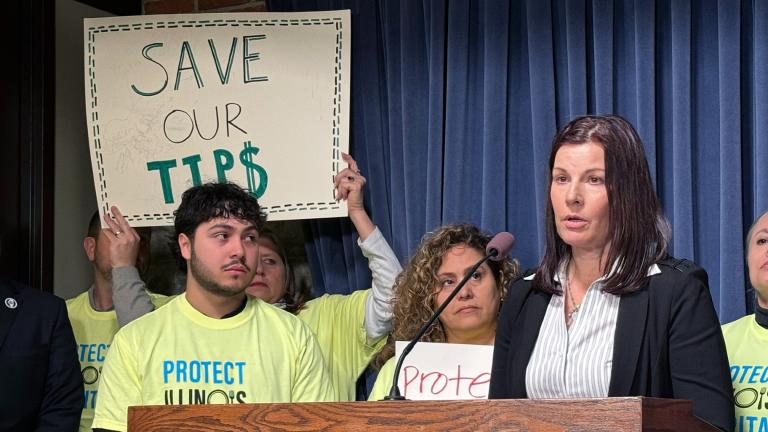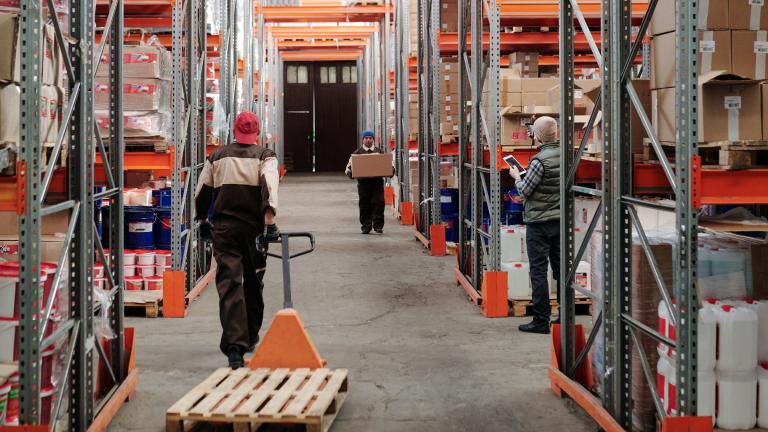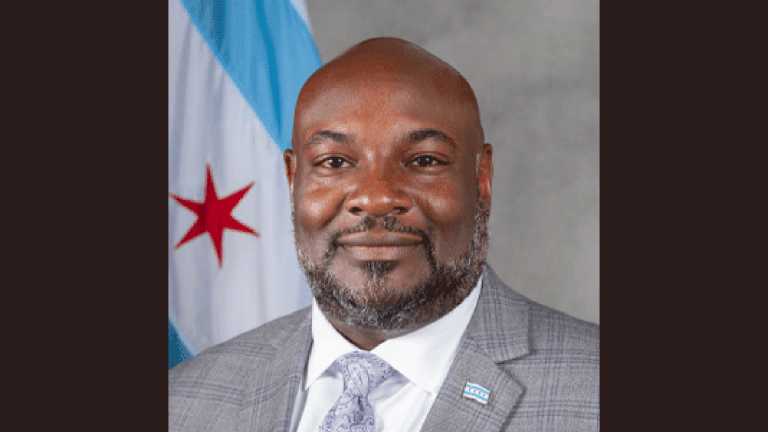Springfield Democrats are poised to flex their political muscles in a major way for the first time since taking full control of state government at the start of the new year, by quickly passing a statewide hike in the minimum wage.
A newly refined plan introduced Wednesday afternoon would bring Illinois’ $8.25 minimum wage up to $15 by the year 2025.
Minimum wage workers would continue to get paid at the $8.25 rate for the remainder of this calendar year, but come January 2020, the minimum wage would go up by a dollar; and by July 2020 the wage would be boosted by another dollar, to $10.
Thereafter, the minimum wage is set to ramp up by a dollar annually, until it reaches $15 in 2025.
Some Democratic legislators had been pushing for a minimum wage hike for years. Illinois last raised the rate in 2010, but business interests worked to prevent it from happening, and previous Gov. Bruce Rauner signaled he would only sign a law raising the minimum wage if Democrats got on board with his pro-business agenda.
Bringing the wage up to $15 was a campaign promise of Democratic Gov. J.B. Pritzker, who’s been in the governor’s mansion since mid-January.
Fulfilling that pledge this quickly is a sign of his political strength, and would score him an early win with labor allies that helped him capture the governor’s office, particularly before Illinois’ financial problems means he will likely have little choice but to deliver disappointing news of spending constraint in his coming budget address, scheduled for Feb. 20.
“After years of discussion, debate and delay it’s time to give working families a raise. The governor applauds the years of work of Sen. Kimberly Lightford and Rep. Will Guzzardi have dedicated to lifting up working families and is pleased with the progress being made. With the support of advocates, labor and business leaders the governor looks forward to raising the minimum wage for workers across the state,” Pritzker spokeswoman Jordan Abudayyeh said in a statement.
A higher minimum wage could make Pritzker’s job of managing the budget tougher down the road. According to an administration memo obtained by “Chicago Tonight,” it would cost state government an additional $81.9 million in the next fiscal year.
The minimum wage isn’t a done deal yet, though senators are expected to easily pass a measure out of a committee Wednesday afternoon before taking the proposal to the floor Thursday.
Business groups continue to fight for a minimum wage that takes geographic concerns into consideration; they say business owners from small towns won’t be able to afford the increases.
The proposal before legislators allows companies with 50 or fewer employees to claim partial tax credits to offset the expense, with the amount of the credit declining each year.
Already, the minimum wage is higher in Chicago than it is most places in the state. It’s currently $12 and will go up to $13 in July.
Follow Amanda Vinicky on Twitter: @AmandaVinicky
Related stories:
Unlimited Paid Time Off: Too Good to Be True?
Illinois Rolls Out New Savings Program for Workers Without Retirement Plans
Ald. Pawar Drives Initiative to Test Universal Basic Income in Chicago
Chicago’s Minimum Wage is Rising, But is it Enough to Live On?








